Distinct immune “signatures” in patients who develop adverse events while taking immunotherapy for cancer may help oncologists identify patients at risk and treat them early to prevent serious side effects, suggests a study by researchers from the Johns Hopkins Kimmel Cancer Center and its Bloomberg~Kimmel Institute for Cancer Immunotherapy.
The study, published Oct. 15 in the Journal of Clinical Investigation, is the largest to date to look at immune signatures in patients with a range of cancers. It included a diverse sample of 111 patients treated with immune checkpoint inhibitors — substances that reactivate the body’s natural anti-cancer immunity. About 40% of patients developed immune-related adverse events, as expected. However, the patients who developed these side effects were more likely to have received a combination of immune checkpoint inhibitors and to have a history of autoimmune disease. Researchers also discovered a distinct immune “signature” in patients who later developed adverse events.
“Increases in white blood cells known as T-cell helper 2 (Th2) and T-cell helper 17 (Th17), and their respective cytokines, predate the development of immune-related adverse events and are potential targets for treating immune-related adverse events,” says Mark Yarchoan, M.D., the study’s senior author and associate professor of oncology at the Johns Hopkins Kimmel Cancer Center. The study’s co-senior author was Won Jin Ho, M.D., director of the Mass Cytometry Facility and associate director of the Convergence Institute at the Johns Hopkins Kimmel Cancer Center.
Immunotherapy has improved outcomes for many patients with cancer. Yet a subset of patients who receive immune checkpoint inhibitors develop devastating adverse effects that can cause lasting disability or even death. For patients with advanced cancer who have exhausted other treatment options, immunotherapy is often worth the risk, Yarchoan says.
“The calculus becomes much more difficult when these drugs are used for patients with curable cancers earlier in the course of disease,” he says. “We increasingly have situations where patients are cured of cancer but have lifelong devastating complications from the treatment.”
Oncologists use drugs designed to treat arthritis or other autoimmune conditions to treat these adverse effects. However, scientists do not know the exact mechanisms causing these adverse events or how to treat them best, Yarchoan notes. Some studies have examined these adverse effects in people with skin cancer; however, they did not include many Black patients, who are less likely to develop skin cancer. Yarchoan and his colleagues wanted to see if they could learn more with a more representative sample of patients from the Johns Hopkins Kimmel Cancer Center.
They found that increases in Th2 and Th17 were an early warning signal for impending adverse events. They also observed that rising levels of the cytokine interleukin 6 (IL-6), an anti-inflammatory protein released by immune cells, was the strongest predictor of which patients would develop an immune-related adverse event. Higher levels of IL-6 were also related to worse cancer therapy outcomes.
“IL-6 appeared to be a two-for-one,” Ho says. “It may play a dual role in cancer progression and promoting immune adverse events. Our data strongly support the use of IL-6 inhibitors to treat immune-adverse events and prevent them.”
Aliyah Pabani, M.D., M.P.H., assistant professor of oncology and co-director of the Immune-Related Toxicity Team at the Johns Hopkins Kimmel Cancer Center, has launched a clinical trial to determine if patients who previously had to discontinue immune checkpoint inhibitors because of immune adverse events can safely restart them if they also take IL-6 inhibitors to prevent such events.
“This is a beautiful example of the Kimmel Cancer Center team’s bench-to-bedside approach,” Pabani says. “We are wasting no time as we work to translate the team’s discoveries into improved therapies to help our patients.”
Yarchoan, Ho and their colleagues will also continue their research by recruiting 500 patients to verify what they’ve learned and to get more detailed information about the immune signatures associated with specific types of immune-related adverse events. For example, they want to know if the cytokines that drive arthritis are the same as those that cause liver inflammation.
The study’s co-authors were Chester Kao, Soren Charmsaz, Stephanie Alden, Madelena Brancati, Howard Li, Aanika Balaji, Kabeer Munjal, Kathryn Howe, Sarah Mitchell, James Leatherman, Ervin Griffin, Mari Nakazawa, Hua-Ling Tsai, Ludmila Danilova, Chris Thoburn, Jennifer Gizzi, Nicole Gross, Alexei Hernandez, Erin Coyne, Sarah Shin, Jayalaxmi Suresh Babu, George Apostol, Jennifer Durham, Brian Christmas, Maximilian Konig, Evan Lipson, Jarushka Naidoo, Laura Cappelli, Aliyah Pabani, Yasser Ged, Marina Baretti, Julie Brahmer, Jean Hoffman-Censits, Tanguy Seiwert, Elizabeth Jaffee, and Won Jin Ho of Johns Hopkins. Researchers from Beaumont Hospital and RCSI University Health Sciences in Dublin, Ireland, F. Hoffman-La Roche Ltd., and Genentech Inc. also contributed.
The study was supported by the Johns Hopkins Bloomberg~Kimmel Institute for Cancer Immunotherapy, the National Cancer Institute, the National Institutes of Health, Swim Across America, the National Institute of Arthritis and Musculoskeletal Diseases, and the immunotherapy Centers of Research Excellence (imCORE) Network-Genentech.
Yarchoan receives grant/research support (to Johns Hopkins) from Bristol-Myers Squibb, Exelixis, Inctyte and Genentech, and receives honoraria from Exelixis, AstraZeneca, Replimune, Hepion Pharmaceuticals, Lantheus, Genentech and Incyte. He is the co-inventor of patents related to therapeutic cancer vaccines, and is a co-founder with equity of Adventris Pharmaceuticals, outside of the work described here. These relationships are managed by The Johns Hopkins University in accordance with its conflict-of-interest policies.
Media Contacts
Amy Mone
Valerie Mehl


